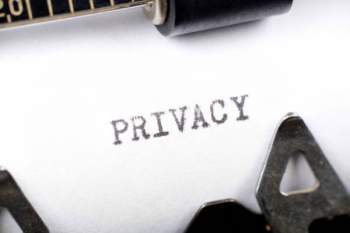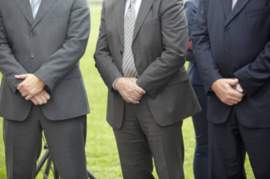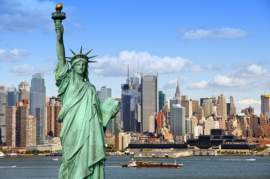
Office of Privacy and Civil Liberties

What is the Office of Privacy and Civil Liberties?
The Office of Privacy and Civil Liberties is an advisory body, created to assist the President of the United States and other senior executive branch officials in ensuring that problems or concerns in regards to privacy and civil liberties are appropriately reviewed in the implementation of all laws, regulations and those policies instituted by the executive branch related to war against terrorism.
The Office of Privacy and Civil Liberties was originally recommended in the July 22, 2004, report of the National Commission on Terrorist Attacks upon the United States. Through this report the Office of Privacy and Civil Liberties was eventually established by the Intelligence Reform and Terrorism Prevention Act of 2004.
The Office of Privacy and Civil Liberties consists of five members; each member is appointed by and serving for the President of the United States. Board members are individually selected from distinguished citizens employed outside the Federal Government who are qualified on the basis of experience, personal achievement and independence. The Office of Privacy and Civil Liberties operates within the Executive Office of the President and is fully supported by an Executive Director and staff.
Role of the Office of Privacy and Civil Liberties:
The Office of Privacy and Civil Liberties is responsible for advising the President of the United States and other senior executive branch officials to ensure that concerns with regards to privacy and civil liberties are appropriately considered in the implementation of all laws, executive branch policies related to efforts protecting the country against terrorist attacks and regulations.
These general functions include advising on whether adequate guidelines, oversight and supervision exist to protect the most fundamental and legal rights of all American citizens. Furthermore, the Office of Privacy and Civil Liberties is specifically charged with the responsibility of viewing terrorist information sharing practices of all executive branch departments and agencies to accurately determine whether guidelines designed to protect privacy and civil liberties are being followed.
Government Agency of the Executive Branch
Government agencies are defined as organizations, councils, and offices operating under the jurisdiction of the Federal Government of the United States of America; each federal agency retains specific administrative jurisdiction over specific facets latent within the operations of the United States Government. The # functions as a government agency under the Executive Branch of the United States government, which is comprised of 3 total branches; in addition to the Executive branch – which is responsible for the regulation and enforcement of operational legislation existing within the United States of America – there also exists the Legislative and Judicial Branches.
NEXT: Federal Mine Safety and Health Review Commission




















